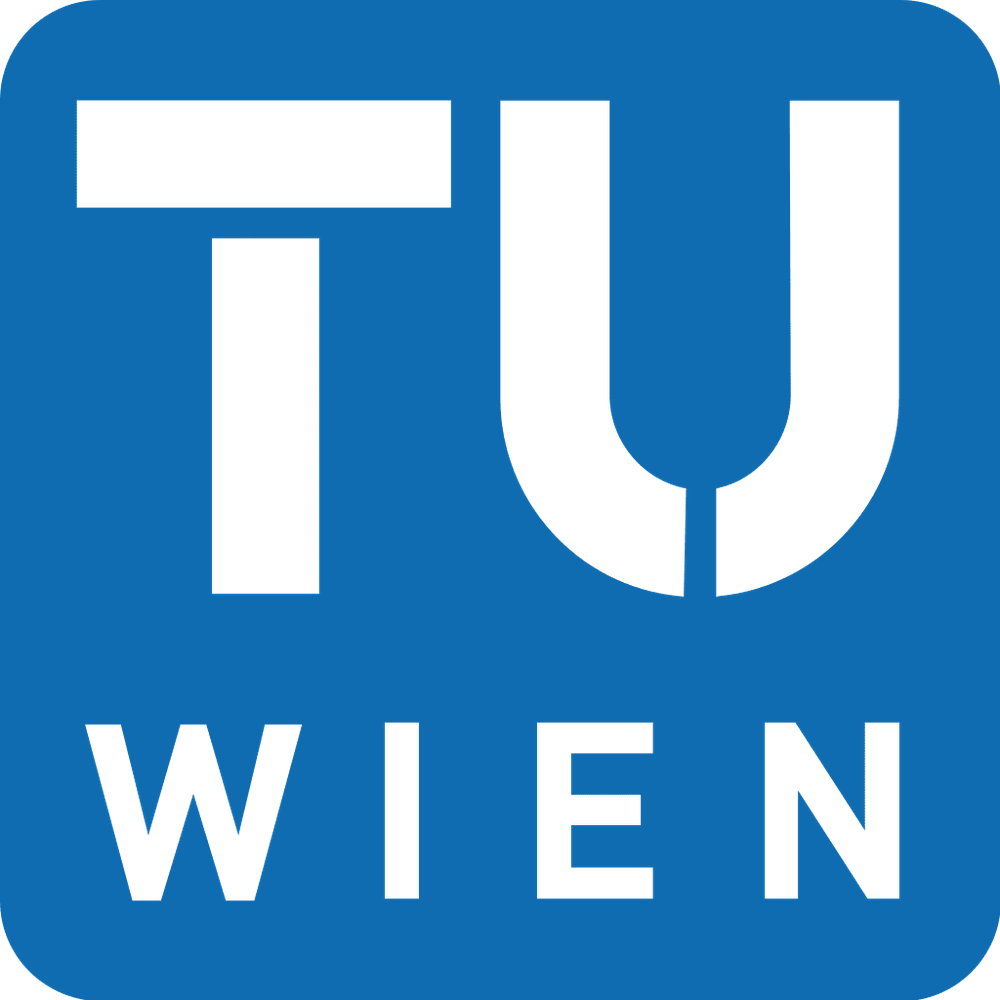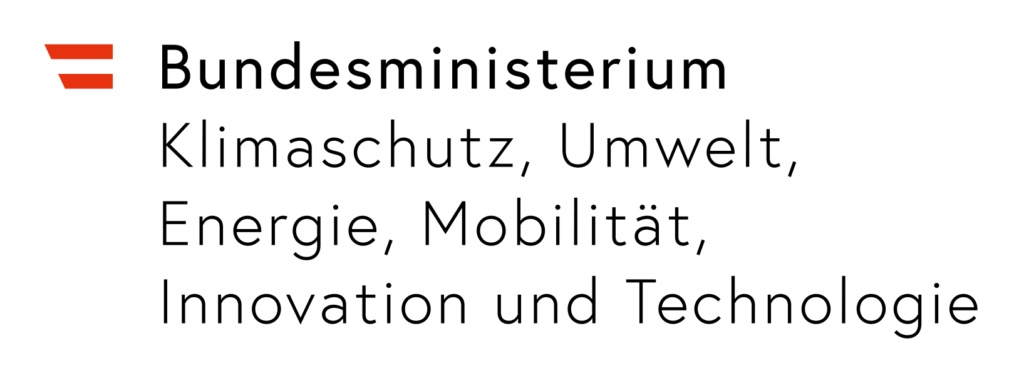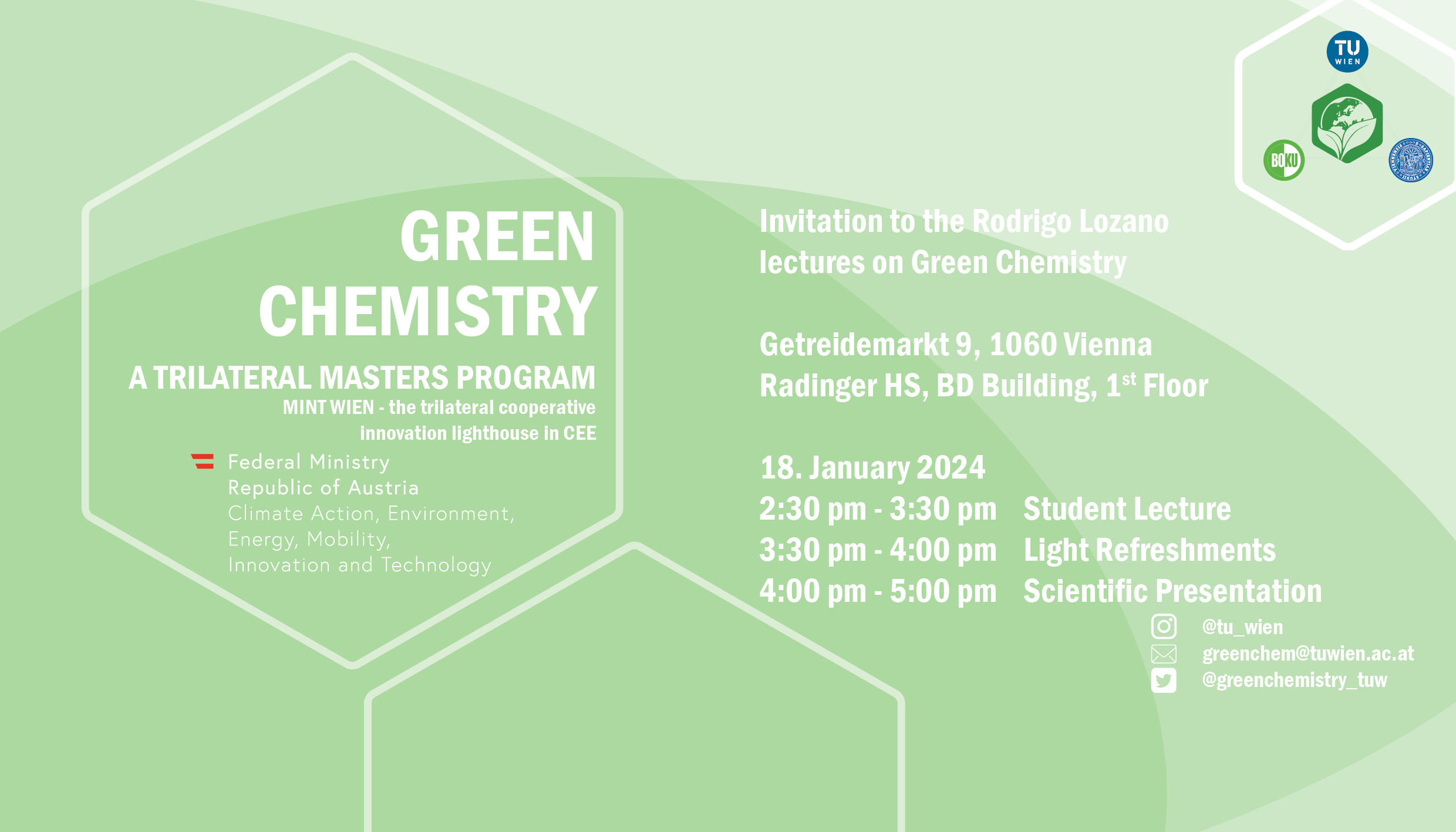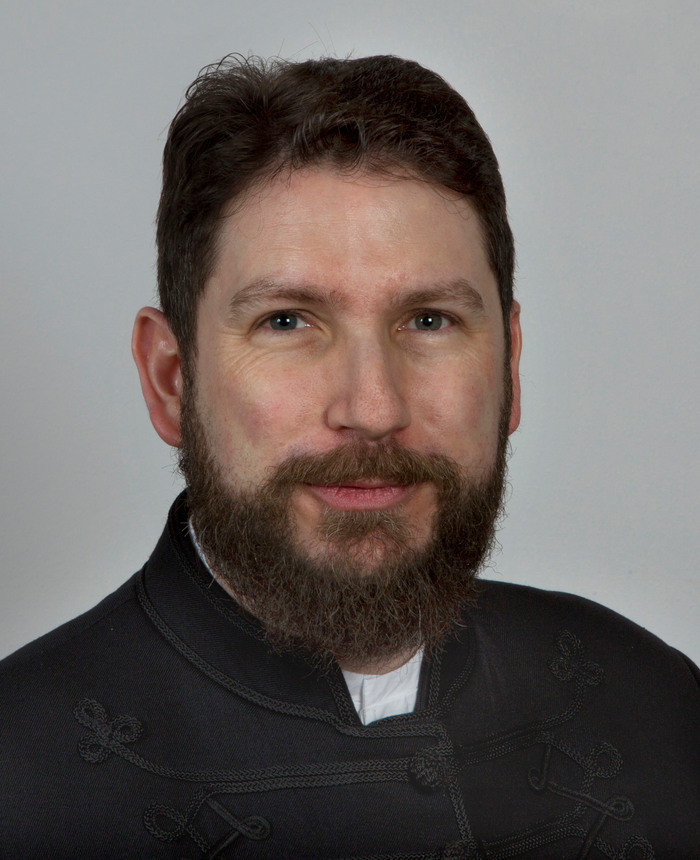Two Lectures
Meet Green Lecture Series
Meet Rodrigo Lozano
Networking
Possibility to ask questions about Green Chemistry
Register Now
Participation is free but subject to simple registration
Rodrigo Lozano
Professor (full) of Organisational Sustainability
Faculty of Engineering and Sustainable Development
University of Gävle, Sweden
Dr. Rodrigo Lozano is a distinguished academic holding a Ph.D. and serving as a full Professor of Organisational Sustainability within the Faculty of Engineering and Sustainable Development at the University of Gävle in Gävle, Sweden. With an esteemed position in academia, Dr. Lozano contributes significantly to the field, bringing expertise and knowledge to the forefront of organizational sustainability. Situated at Kungsbäcksvägen 47, Gävle, his work and research play a pivotal role in shaping the academic landscape and fostering a sustainable future. Additionally, he serves as a Visiting Professor in the Faculty of Engineering and Information Technology at the Central University of Technology, South Africa. Dr. Lozano is recognized for his editorial role in the ‘Strategies for Sustainability’ book series, accessible at http://www.springer.com/series/8584.
- Lozano, R., & Lozano, F. J. (2023). Developing a decision‐making tree for circular economy. Sustainable Development. https://doi.org/10.1002/sd.2736Lozano, R. (2023). Analysing organisations’ engagement with and impacts to sustainability. Business Strategy and the Environment, bse.3445. https://doi.org/10.1002/bse.3445
- Lozano, F. J., Lozano, R., Lozano-García, D. F., & Flores-Tlacuahuac, A. (2023). Reducing energy poverty in small rural communities through in situ electricity generation. Discover Sustainability, 4(1), 13. https://doi.org/10.1007/s43621-023-00128-8
- Sakao, T., Desha, C., Djekic, I., Favi, C., Olayide, O. E., Ziolo, M., Kantola, J., Muñoz-Torres, M.J., Tortato, U., Segalas, J., Urbaniec, K., Santibanez-González, E. D. R., Renzi M. F., Seuring, S., and Lozano, R. (2023) Scoping good papers for organizations’ sustainability in management and engineering research. Front. Sustain. 4:1148499. doi: 10.3389/frsus.2023.1148499
- Lozano, R., Santos, F., Barreiro-Gen, M. (2022) Developing a harmonic sustainable public procurement framework. Environment, Development and Sustainability. https://doi.org/10.1007/s10668-022-02818-1
- Lozano, R., Barreiro-Gen, M. (2022). Organisations’ contributions to sustainability. An analysis of impacts on the Sustainable Development Goals. Business Strategy and The Environment. DOI: https://doi.org/10.1002/bse.3305
- Lozano, R., Barreiro-Gen, M. (2022). Civil society organisations as agents for societal change: Football clubs’ engagement with sustainability. Corporate Social Responsibility and Environmental Management https://doi.org/10.1002/csr.2390
- Lozano, R., Barreiro-Gen, M., D’Amato, D., Gago, C., Favi, C., Martins, R., Monus, F., Caeiro, S., Benayas, J., Caldera, S., Bostanci, S., Djekic, I., Moneva, J. M., Sáenz, O., Awuzie, B., & Gladysz, B. (2022). Improving sustainability teaching by grouping and interrelating pedagogical approaches and sustainability competences: Evidence from 15 Worldwide Higher Education Institutions. Sustainable Development, 1-11. https://doi.org/10.1002/sd.2396
- Barreiro-Gen, M., Lozano, R., Carpenter, A., & Bautista-Puig, N. (2022). Analysing sustainability change management in government owned companies: Experiences from European ports. Social Responsibility Journal, 14. https://doi.org/10.1108/SRJ-04-2022-0165
- Bautista-Puig, N., Lozano, R., & Barreiro-Gen, M. (2022). Developing a framework to align sustainability theory and implementation: insights from academic research of tools, initiatives, and approaches. Environment, Development and Sustainability https://doi.org/10.1007/s10668-022-02516-y
- Temel, M., Lozano, R., & Barreiro-Gen, M. (2022). Making Organisations Sustainable Through Employee Participation: An Analysis of Factors And Their Interactions. IEEE Engineering Management Review, 50-2. https://doi.org/10.1109/EMR.2022.3162413
- Lozano, R., Bautista‐Puig, N., & Barreiro‐Gen, M. (2022). Developing a sustainability competences paradigm in Higher Education or a White Elephant?Sustainable Development, October 2021, 1–14. https://doi.org/10.1002/sd.2286
- Lozano, R., & Barreiro-Gen, M. (2022). Embedding sustainability in small and medium size enterprises: Experiences from Sweden. IEEE Engineering Management Review, 50–1. https://doi.org/10.1109/EMR.2021.3130107
- Lozano, R., Barreiro-Gen, M., Pietikäinen, J., Gago-Cortes, C., Favi, C., Jimenez Munguia, M. T., Monus, F., Simão, J., Benayas, J., Desha, C., Bostanci, S., Djekic, I., Moneva, J. M., Sáenz, O., Awuzie, B., & Gladysz, B. (2021). Adopting sustainability competence-based education in academic disciplines: Insights from 13 higher education institutions. Sustainable Development, September, 1–16. https://doi.org/10.1002/sd.225
14:30 Hrs - Student Lecture
Aimed for students and young researchers
Business models and chemical management. A case study from Serbia
Green and sustainable chemistry have been developed to help reduce the production and use of chemicals that are harmful for human health and the environment and contribute to Circular Economy. The two main approaches that have been used in fostering green and sustainable chemistry have been through policy initiatives and science/technology. A new approach focussing on business models has been proposed: Chemical Leasing, which is based on a collaborative service-oriented business model that is aimed at shifting the focus away from profit generation, through increased sales, towards a value-added approach by providing a service. In this model the producer sells the functions performed by the chemical, while the payment basis is a functional unit rather than quantity or volume sold. The user of the chemical obtains benefits through a reduction in the chemicals used, and scientific know-how and support from the producer. A case study from Serbia is presented with three partners: a beverage producer, a chemicals producer, and a facilitator. The Chemical Leasing implementation was done on lubricating the beverage producer’s polyethylene terephthalate bottle packaging line. The results of the implementation were lower chemical consumption, substitution of a hazardous chemical by an environmentally friendly one, improvement of occupational health and safety, better packaging process efficiency, and economic savings. The case study shows that collaborative approaches can help reduce the use of hazardous chemicals (benefiting human health and the environment), whilst providing economic benefits to the partners. Collaborative business models can complement policy initiatives and scientific/technological approaches in fostering green and sustainable chemistry, contribute to Circular Economy, and ultimately making societies more societies.
16:00 Hrs - Scientific Presentation
Aimed for more technical researchers
To buy or not to buy? Circular Economy, Chemical management, and decision making
Green and sustainable chemistry have been developed to help reduce the production and use of chemicals that are harmful for human health and the environment and contribute to Circular Economy. The two main approaches that have been used in fostering green and sustainable chemistry have been through policy initiatives and science/technology. A new approach based on business models has been proposed, Chemical Leasing. Chemical Leasing offers a more efficient business model alternative to traditional industry practice, bringing economic and environmental benefits to both suppliers and users; however, it is necessary to assess if and how to engage with Chemical Leasing. This can be achieved using the Circular Economy decision making tree, which combines economic fungibility (probability of recovery and price), environmental impacts fungibility (probability of recovery and environmental impacts). The ‘Decision-making tree for Circular Economy’ is aimed at providing guidance on which and how to close loops depending on economic considerations, environmental impact, and probability of recovery of materials. The CE decision-making tree provides eight options to help decide which and how to close such loops, and help decide which materials’ loops should be eliminated, closed, or remain open. Decision-making is key to deciding which loops to close to engage with CE more efficiently.
Key Messages




Program Agenda
For taking an active participation in the lecture
-
Get together and registration 14:00 - 14:30 Hrs
Please stick to the timeline
-
Business models and chemical management. A case study from Serbia 14:30 - 15:30 Hrs
Rodrigo Lozano Student Lecture followed by questions and answers
-
Light Refreshments 15:30 -16:00 Hrs
Light refreshments and networking. Possibility for young researchers and students to ask questions.
-
To buy or not to buy? Circular Economy, Chemical management, and decision making 16:00 -17:00 Hrs
Second lecture by Rodrigo Lozano followed by questions and answers
Got questions regarding the lecture?
Bettina Mihalyi-Schneider
Dean of Academic Affairs
- Getreidemarkt 9/163, 1060 Wien
- +43 1 58801 166170
- bettina.mihalyi@tuwien.ac.at
Muhammad Farooq Zia
Green Chemistry Project Manager
- Getreidemarkt 9/163, 1060 Wien
- +43 664 88457 882
- muhammad.zia@tuwien.ac.at




Follow #GreenChem_TUW on twitter
Information about latest activities, admissions and announcements, courses, achievements and awards, is posted regularly on twitter.


